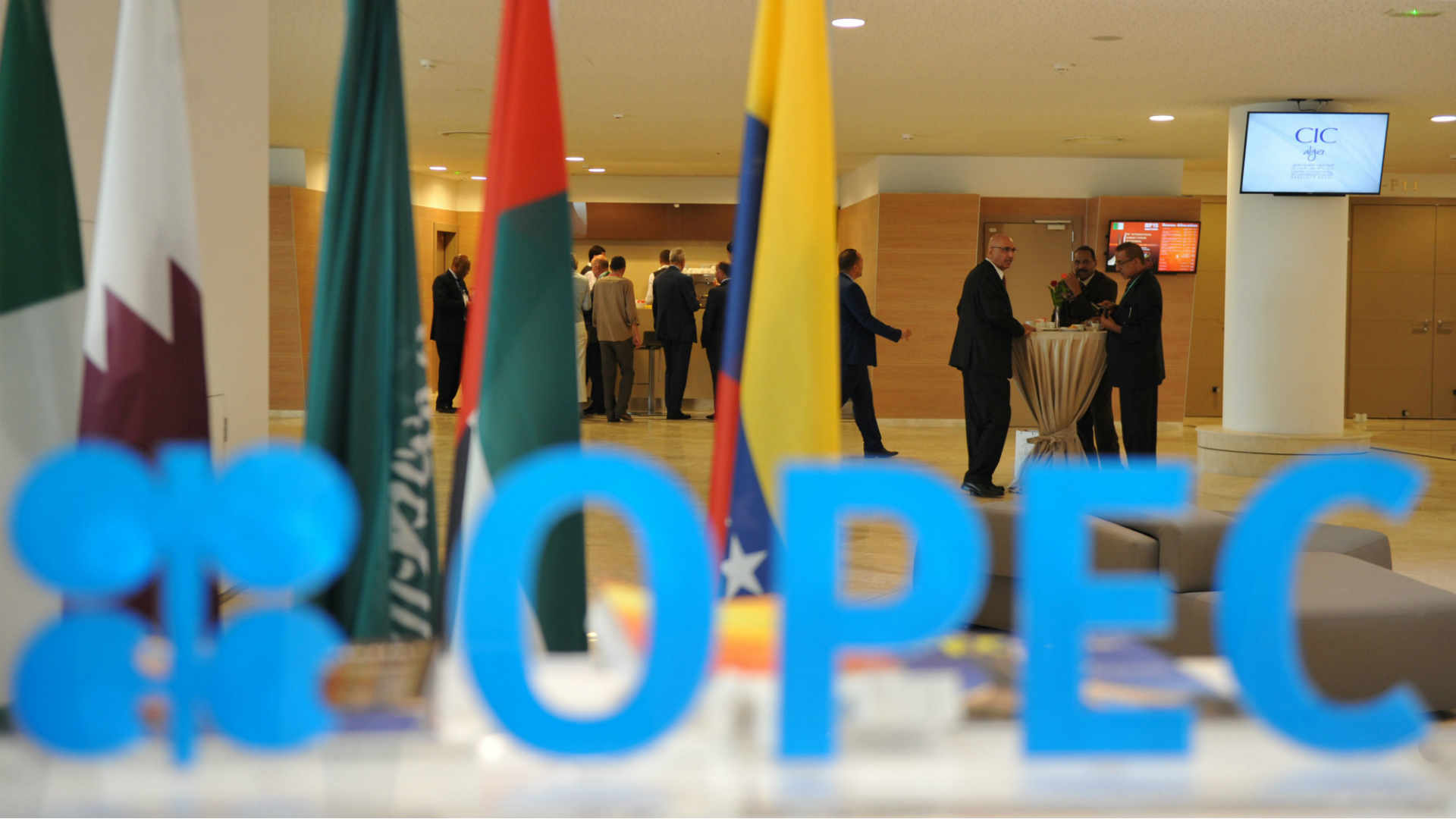
Algeria has joined Saudi Arabia in suggesting that OPEC+ may extend its recent oil production cuts beyond the first quarter of next year.
This move could have significant implications for the international oil market, which has seen prices slump in recent months.
According to Energy and Mines Minister Mohamed Arkab, the production cuts are aimed at “realigning the international oil market with its intrinsic fundamentals” and shielding it from “the irrational fluctuations of speculators.”
The announcement comes as Russian President Vladimir Putin arrives in Saudi Arabia for a meeting with Crown Prince Mohammed bin Salman. This rare foreign trip is seen as an attempt to strengthen partnerships with oil producers in the Gulf region. Notably, both countries expressed their support for OPEC+’s influence on the oil market in a separate statement.
Despite the production cuts announced by OPEC+ on November 30th, oil prices have continued to decline due to concerns about abundant supplies and slowing fuel consumption growth. Some crude traders remain skeptical about whether the group will fully implement its pledged cuts.
Saudi Arabia’s Energy Minister, Prince Abdulaziz bin Salman, previously stated that the 23-nation coalition could “absolutely” prolong the production cuts beyond the first quarter of 2024. This sentiment was echoed by Russian Deputy Prime Minister Alexander Novak.
On Wednesday, oil prices in New York dropped to a five-month low, falling below $70 per barrel. The US benchmark West Texas Intermediate (WTI) crude saw a decline of up to 4.2%, reaching $69.31.
Putin’s arrival in Riyadh follows his visit to Abu Dhabi earlier on Wednesday. During his two-nation tour, he also met with United Arab Emirates President Sheikh Mohammed bin Zayed Al Nahyan. Both leaders emphasized the importance of their countries’ relationship and pledged to expand economic ties.
The potential extension of OPEC+ oil production cuts raises questions about their impact on global energy markets. While the move could help stabilize oil prices, it also raises concerns about potential supply shortages and higher energy costs for consumers. The coming months will likely see further developments and adjustments to OPEC+ production strategies as they seek to navigate a volatile market.
